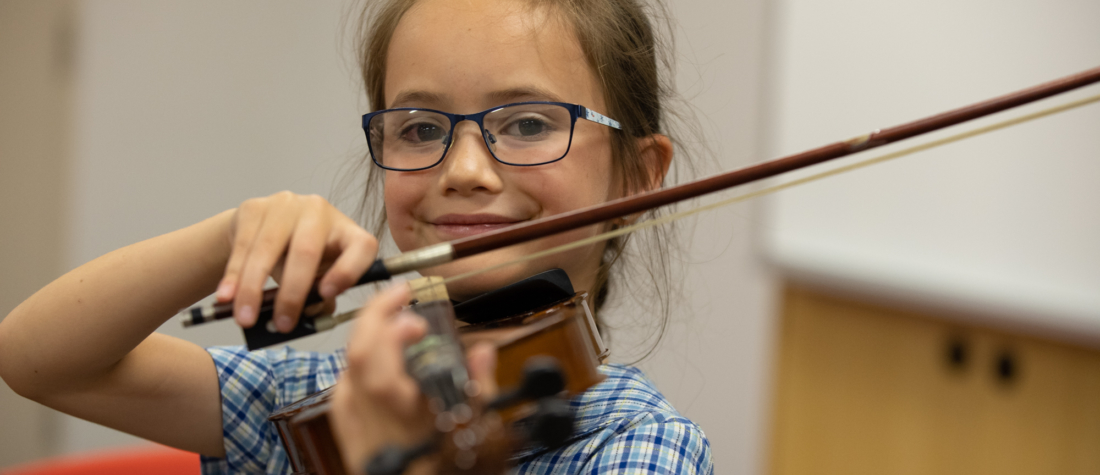‘I CANT DO IT!’ *PIANO CRASH* ‘you can’t do it YET, darling, that’s ok’ ‘I CANT DO IT YET!!!’ *PIANO CRASH!*
This is a common interaction I have with one of my children as they practise piano. Me- a trained music teacher, struggling with my own child in their practice time. What a predicament, and indeed a humbling experience.
For years when I tutored my music students one on one, I would forever repeat the statement to parents ‘practising regularly is what will make the difference.’ but now, since having my own children, I am living it, and enduring the agonising minutes until the required 15 minutes are done.
There are times when even I ask the question ‘why am I putting us through this?’ and ‘is our relationship worth this struggle?’ and ‘if they ask one more time to give up, I may end up agreeing.’
But then I think back to my own experiences as a band student going through the music program at Oatley West Public School. I started the same way as anyone else- assigned an instrument and tutor, would join in the band sessions, and enjoy time with my friends. I can now see how much more was at play. My dedicated tutor who gave me so much care and kindness in our private lessons, the passionate band director who shared his wealth of knowledge and love of Jazz standards, and the commitment my parents were willing to put in, even when I threw it back in their face when it sometimes got hard.
My mum sat with me every time I practised in those early years. She didn’t really know all the ins and outs of what I needed to do, but she helped me however she could when I didn’t quite know what to do. She advocated for me when I then had my next lesson and chatted with my teacher so she understood a bit more each time, and then the cycle would continue. And she held up her end of the agreement in dutifully ticking off when I had done practice that week. This habit forming behaviour is one of the first principles of how to have success in any new skill. The kicker is that this kind of formalised music learning offers so much more than learning good habits.
Back to my child who I am trying to support in their practice- once I ride that 15 minute rollercoaster, I know we both feel better for it. Whether it’s that they succeeded in the goal of doing both the left and right hand parts together, or correcting the notes because we noticed one didn’t sound quite right, or even just jumping that oh so ginormous hurdle of pain when something isn’t coming easily, there is much to be learnt.
I wonder if perhaps we are wanting to protect our children from the struggle of what it is to persevere. When the motivation for the struggle is unclear, it is easy to let the practice slide. Goodness knows my patience runs thin when I spend as much time persuading practice to happen as the time we could have spent doing the practice. And then you add in a boisterous two year old, mountains of laundry and dinner needing to be cooked.
Your child benefits from music in this list of ways, which is but a sample of what happens every time they pick up their instrument:
– enhanced auditory processing
– increased neural processing of sensory input
– improved concentration
– pattern decoding
– fine motor skills
– working memory development
– increased connectivity between motor and cognitive networks
– analytical skills
– aiding language development, amongst so much more!
And what more motivation do we need? You already have the skills as a parent to help your child with their practice. There is no magic bullet or reward chart I can give you. All I want you to know is that the struggle is normal, it is warranted, and it is worthwhile. To quote Dr Anita Collins (a leading Australian music educator) ‘Learning music is not a linear progression – it goes up and down with breakthroughs and plateaus.’ And such is life.
Mrs Lisa McGovern
K-12 Music Teacher

